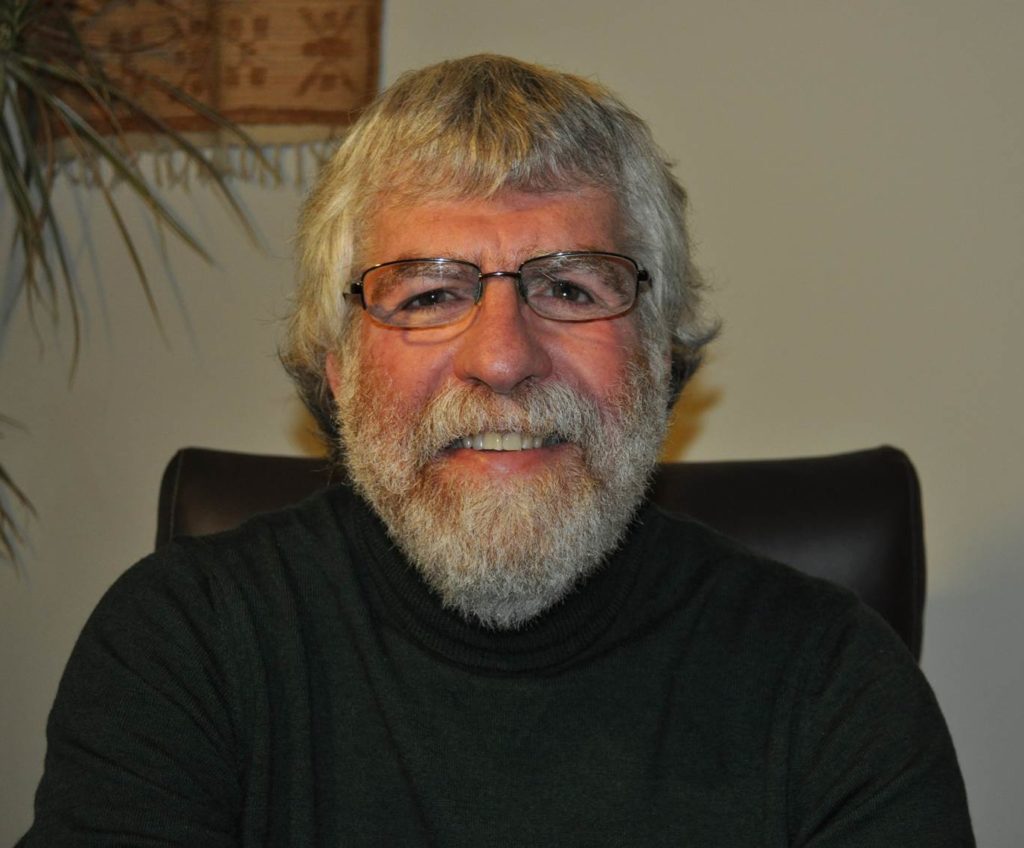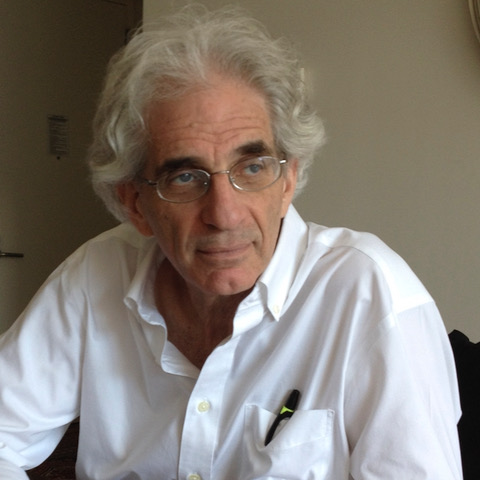- 443-518-7671
- attawayprograms@gmail.com
Camp Attaway History
HISTORY
Camp Attaway’s story is rooted in collaboration. In the early 1980s, Dr. Saul Lieberman, a child psychologist at the Regional Institute for Children & Adolescents (RICA) in Rockville, MD, saw that children with severe emotional challenges had no options beyond summer school. Wanting to create meaningful summer experiences, he contacted the Montgomery County Department of Recreation, where he met Laura Wetherald. Together, they arranged for a group of children to attend an afternoon summer camp in Montgomery County—marking the start of Saul’s long-standing partnership with Laura.
By the late 1980s, Dr. Saul Lieberman and Dr. David Cooper, a professor in the University of Maryland’s Department of Special Education, had started to dream about creating a camp where children with complex emotional and behavioral challenges could thrive. By the early 1990s, Saul had started a private practice in Howard County, and he and David, in earnest, began designing the unique program that ultimately would become Camp Attaway. They obtained their 501(c)(3) nonprofit organization in 1992. Their vision was to create a therapeutic camp with a low 2:1 camper-to-counselor ratio, staffed by professionals in special education, counseling, psychology, and behavioral support, along with dedicated graduate students.
In 1994, while working at Howard County Recreation and Parks (HCRP), Laura noticed that staff struggled to meet the needs of children with complex behavioral issues in their after-school and summer programs. She contacted her colleague, Dr. Lieberman, and asked him to provide training and staff support. HCRP contracted with Drs. Lieberman and Cooper started in 1994, continuing into 1995, during which they trained counselors and supported children in HCRP after-school and summer programs with the most challenging behaviors. Although the training benefited the HCRP staff, Laura recognized that this particular subset of children would be more successful if they had a specially designed program. Saul, David, and Laura agreed it was time to create such a camp—one that Saul and David would design, with HCRP providing the funding.
After many late-night conversations on Dr. Cooper’s front steps, the team’s vision became reality. Together, they created a model where HCRP supplied funding and infrastructure, while the doctors contributed clinical expertise and program design. Camp Attaway launched in 1996 with six campers and $13,000 in the bank, offering children excluded from traditional camps a place to succeed, make friends, and feel accepted rather than judged. For many, it was their first chance to build friendships and experience the joy of summer camp. Saul described the camp as a “continuum of service” for HCRP, serving children who could not thrive in mainstream camps.
For its first 18 years, Camp Attaway operated under the umbrella of HCRP, with Laura Wetherald and Cathy Vigus serving as its strongest advocates. During this time, HCRP covered virtually all of Attawy’s operating budget, including the majority of staff salaries, provided the camp’s location, and handled all marketing and registration.
This nearly two-decade-long partnership with HCRP was central to Attaway’s growth and success. By 2013, the parties agreed that it made sense for Camp Attaway to operate independently. Even after the formal partnership with HCRP ended, they continued supporting Attaway by providing staff with first aid and CPR training. In January 2014, Camp Attaway hired its first Executive Director, Sue Ann Shafley, a lawyer with real estate development experience who brought over twenty years of experience in advocacy and fundraising for mental health and children’s causes and had founded a Maryland State Department of Education–approved non-public special education school. At Attaway, she was tasked with obtaining state licensing and raising funds to support the camp’s expanding budget fully. By 2015, Ms. Shafley had established a formal partnership with Howard County Public Schools (HCPSS), and for 11 seasons, Attaway has operated in HCPSS schools and has provided consultative child psychology services to designated Howard County schools.
Camp Attaway’s history of collaboration would not have been possible without Laura Wetherald’s dedication to supporting children with emotional and behavioral challenges and the backing of HCPSS and the County Executive’s Office. We are especially grateful to County Executive Dr. Calvin Ball, who designated discretionary funds to expand Attaway programming, enabling the creation of year-round social activities through Club Attaway for children who often lack friends in their home schools and neighborhoods. Dr. Ball’s funds also helped establish bi-monthly parent education groups led by a licensed child psychologist. These groups teach specialized parenting strategies, offer insight into children’s behaviors, and provide a safe space for parents to share experiences without feeling judged. The guidance and support families receive through the parent education and support program is extremely important to the families, as many of them face their own feelings of isolation or mental health issues related to their child’s complex behavioral needs.
Camp Attaway’s mission was clear from the start: to give children with severe emotional and behavioral challenges a place to succeed, build friendships, and enjoy summer. Just as important, no child would ever be turned away for financial reasons. For over 30 years, partners, granters, and generous, loyal donors have made it possible to meet 100% of financial need through scholarships. So, no child needing Attaway services has ever been turned away because of their family’s financial situation. Designed around each child’s unique needs, Attaway provides a safe, supportive environment where children can thrive. This mission continues to guide the camp today.
OUR FOUNDERS

Dr. Saul Lieberman served as Camp Attaway’s Clinical Director from 1996 to 2019, leading the camp’s clinical programming while working tirelessly to secure funding through grants and donations. Since stepping down from his director role, he has remained an integral part of the Attaway family as a member of the Advisory Board, consulting on clinical topics and spearheading fundraising efforts. He also maintains a private practice in Columbia, Maryland, continuing his commitment to the community.

Dr. David Cooper served as Camp Attaway’s Research & Training Director & Board Treasurer from its inception until 2009, when he became Dean and Professor of Education at Elon University, retired from the University of Maryland after 25 years, and moved to Chapel Hill, North Carolina. Since retiring in 2016, he has devoted his time to research and advocacy focused on racial integration in public schools and innovative educational methods for caregiving staff in senior living centers.